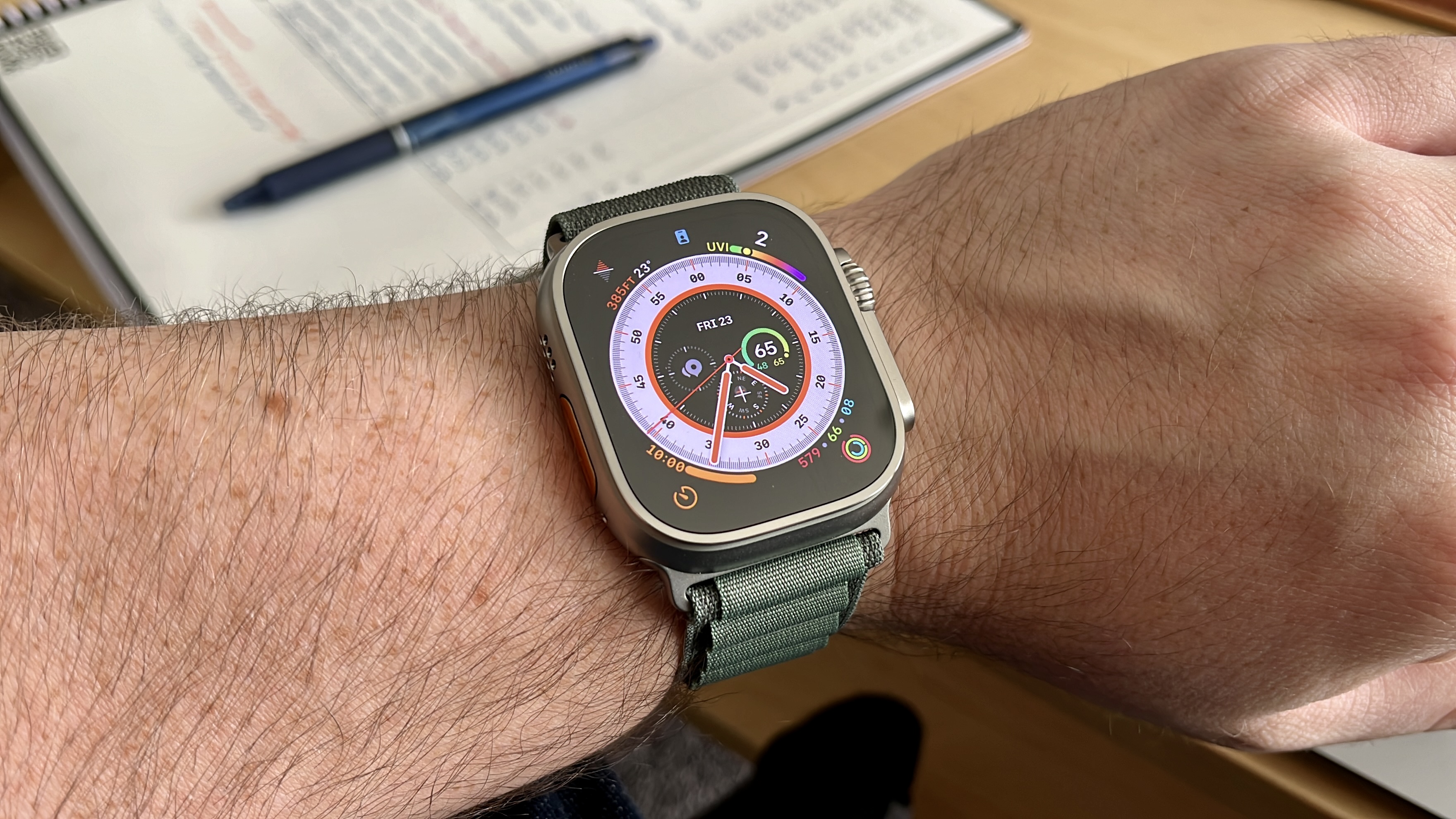Your filthy Apple Watch band could kill you, study finds
Get that watch band cleaned, folks.

If you've never wondered just how clean that Apple Watch band of yours is, maybe now is the time to start. That's after a new study reminded us all that surprising levels of bacteria can be found on them.
According to researchers, Apple Watch bands, whether they're made from rubber, cloth, leather, or even metal, could play host to bacteria that have the potential to prove deadly.
The research claims that bacteria found on bands could lead to all kinds of illnesses including pneumonia and blood infections.
Time to wash those bands
The New York Post reports on research carried out by Florida Atlantic University (FAU) which involved testing Apple Watch and Fitbit bands to see whether there was any correlation between the material used and whether bacteria built up on them.
According to that research, 95% of bands were contaminated with some sort of dangerous bacteria. Some that could even risk the life of the wearer.
"Specifically, 85% were found with Staphylococcus spp — which causes staph infections — while 60% had E. coli bacteria and 30% carried potentially deadly Pseudomonas spp," the NYP reports.
The report noted that people often don't clean the bands that they wear. One Apple Watch owner said that they had worn it almost every day since it was bought in 2019. But she only cleans it "maybe twice a year."
iMore offers spot-on advice and guidance from our team of experts, with decades of Apple device experience to lean on. Learn more with iMore!
"Participants who wore their watches during workouts showed the highest levels of bacteria —Staphylococcal specifically — reinforcing the importance of cleaning the product after any rigorous activity," the report adds.
As for which bands harbored the most bacteria, rubber and plastic bands were found to be the worst. Metal bands, perhaps unsurprisingly, fared best.
With the Apple Watch Series 9 and Apple Watch Ultra 2 set to be announced in a few short weeks, maybe it's time to start planning how quickly you'll wash those bands.

Oliver Haslam has written about Apple and the wider technology business for more than a decade with bylines on How-To Geek, PC Mag, iDownloadBlog, and many more. He has also been published in print for Macworld, including cover stories. At iMore, Oliver is involved in daily news coverage and, not being short of opinions, has been known to 'explain' those thoughts in more detail, too.
Having grown up using PCs and spending far too much money on graphics card and flashy RAM, Oliver switched to the Mac with a G5 iMac and hasn't looked back. Since then he's seen the growth of the smartphone world, backed by iPhone, and new product categories come and go. Current expertise includes iOS, macOS, streaming services, and pretty much anything that has a battery or plugs into a wall. Oliver also covers mobile gaming for iMore, with Apple Arcade a particular focus. He's been gaming since the Atari 2600 days and still struggles to comprehend the fact he can play console quality titles on his pocket computer.
